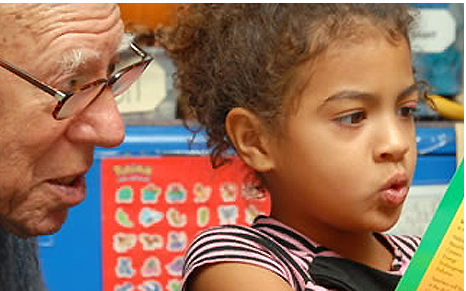New study shows that pandemic and online mentoring lowered mentors’ expectations
Mader, M., Stoeger, H., Veas, A., & Ziegler, A. (2021). How Mentors Think About the Attainability of Mentoring Goals: The Impact of Mentoring Type and Mentoring Context on the Anticipated Regulatory Network and Regulatory Resources of Potential Mentors for School Mentoring Programs. Frontiers in Psychology, 12, 4842.
https://doi.org/10.3389/fpsyg.2021.737014
Summarized by Ariel Ervin
Notes of Interest:
- Because mentors’ expectations are an important contributor to mentorship success, mentoring programs need to address them in their mentor training.
- This study examines how mentoring context & mentoring type affect potential mentors’ ability to assess how obtainable mentoring targets (key skills, learning, problem coping, & social targets) are, based on available resources.
- mentoring context (non-pandemic versus COVID-19 pandemic)
- mentoring type (traditional mentoring versus e-mentoring)
- Goals seemed more attainable in traditional mentoring vs. e-mentoring and b) pre-pandemic contextual conditions than during the COVID-19 contextual conditions
- Training programs are encouraged to a) inform prospective mentors about additional mentoring resources and b) help them use them in a way that promotes mentoring targets.
Introduction (Reprinted from the Abstract)
Research shows that trained mentors achieve better results than untrained ones. Their training should particularly address their expectations for their future mentoring. Our study involved 190 preservice teachers, potential mentors of ongoing school mentoring for primary and secondary school students of all grades. They were randomly assigned to one of four conditions in a 2-x-2 between-subjects design of mentoring type (traditional mentoring versus e-mentoring) and mentoring context (non-pandemic versus COVID-19 pandemic). Participants assessed mentoring conducted under these four conditions in terms of its appropriateness for achieving four mentoring program targets: learning, key skills, social targets, and problem coping. Participants were also asked to assess the resources available to achieve each program target. Overall, the potential mentors considered the various conditions to be suitable for achieving the four program targets. They were particularly favorable in their assessment of the possibility for the realization of learning targets. Likewise, they assumed that sufficient resources were available to achieve the targets. However, a repeated-measures MANOVA showed that the potential mentors considered more ambitious targets to be possible in traditional mentoring than in e-mentoring and normal (i.e., pre-pandemic) contextual conditions than during the COVID-19 pandemic. In contrast, they estimated the resources available to achieve the targets to be about the same in the four conditions. This indicates a decoupling of mentoring targets from the consideration of the resources needed to achieve them. This assumption was confirmed in correlation analyses and has implications for mentor training.
Implications (Reprinted from the Discussion)
Mentors’ expectations play a critical role in mentoring success (Hudson, 2013; Straus et al., 2013; Masters and Kreeger, 2017). Therefore, their expectations need to be addressed in mentor training. We do this in our school mentoring programs (Stoeger et al., 2020), which target improvements in four areas: learning, social relationships, key skills, and coping.
To design effective mentor-training units, we first screened potential mentors—preservice teachers who were university undergraduates enrolled in teacher-education programs. In a study based on the NFR-M theoretical framework (Ziegler et al., 2021) with a 2-by-2 study design with mentoring type (traditional in-person mentoring versus e-mentoring) and mentoring context (non-pandemic versus COVID-19 times) as independent variables, we asked participants how well a school mentoring program would be suited to fulfilling four mentoring targets (learning, social targets, key skills, and coping). Furthermore, we investigated how mentoring type and mentoring context influenced participants’ assessment of available resources to achieve the four mentoring targets. From the results, we hoped to gain valuable insights for designing our mentor-training programs. In the following, the most important findings will be recapitulated and their consequences for the design of our school mentoring training will be highlighted.
The first important finding is that preservice teachers assessed school mentoring as a suitable means of achieving central pedagogical targets. This is especially encouraging, because mentors in general are more successful if they can identify with the objectives of a given mentoring program (Madia and Lutz, 2004; Karcher et al., 2006; Christensen et al., 2020).
To access this article, click here.









